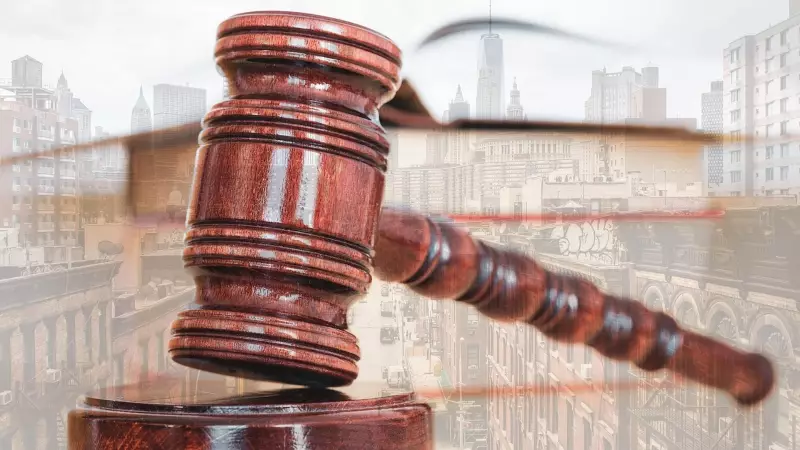
In a landmark ruling that highlights the importance of speedy trials, the Bombay High Court has granted bail to Kafeel Ahmed, one of the accused in the devastating 2003 Mumbai triple blasts case that shook the financial capital of India.
Court's Rationale for Bail Decision
Justice N J Jamadar, while delivering the verdict, emphasized that the appellant had already endured nearly two decades of incarceration without the trial reaching its conclusion. The court noted that the prolonged detention, coupled with the uncertain timeline for trial completion, formed compelling grounds for granting bail.
The bench observed, "The period of custody undergone by the appellant, which is in excess of 19 years, and the fact that there is no immediate prospect of the trial being concluded, are factors which weigh in favour of the appellant."
Background of the 2003 Mumbai Blasts Case
The case dates back to August 25, 2003, when three powerful explosions ripped through crowded areas of Mumbai at:
- The Gateway of India
- Zaveri Bazaar
- Mumbadevi
The coordinated attacks claimed 54 lives and left hundreds injured, marking one of the most severe terrorist incidents in Mumbai's history before the 2008 attacks.
Legal Proceedings and Co-accused Status
Kafeel Ahmed was arrested in 2015 and has remained in custody since then. The court noted that while the charges against him are serious, the prosecution had already examined 85 witnesses, with approximately 140 more remaining.
Significantly, the bench pointed out that Mohammed Ayub, another accused in the same case, had already been granted bail by the court in November 2022. This precedent played a crucial role in the current decision.
Bail Conditions and Future Proceedings
The High Court has imposed strict conditions for Ahmed's release, including:
- Surrendering his passport to the investigating agency
- Providing a solvent surety of ₹1 lakh
- Regular appearance before the trial court
- No interference with witnesses or evidence
The court made it clear that this bail order should not be construed as any opinion on the merits of the case, which will continue to be tried on its own evidence and legal standing.
This decision brings renewed attention to the pace of judicial processes in high-profile terrorism cases and raises important questions about balancing the rights of the accused with the demands of justice for victims.






